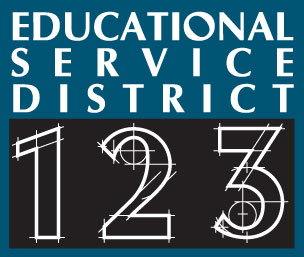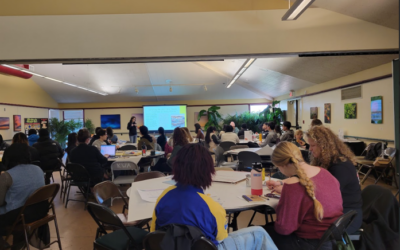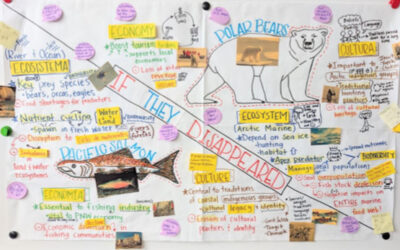ESD 123
ESD 123 is engaging K-12 teachers in groundbreaking, place-based professional learning with a variety of community partners around climate science, career connections, human impacts and resources. These transformative experiences for teachers will translate into authentic learning for their students.
There are several projects encompassed in the ESD 123 Clime Time Projects. In the 2022-23 school year there will be professional development opportunities around topics such as, Climate & Children’s Literature, Ambitious Science Teaching book study, and partnership projects with Earth Gen, WSU Master Gardeners, Coyote Canyon Mammoth Site, and Pacific Northwest National Laboratory.
Each project incorporates:
- The integration of climate science as a focus or vehicle for learning
- Deepening educator learning around Eliciting Student Ideas (Ambitious Science Teaching)
- Experiencing, identifying, and capitalizing on local place-based phenomena to engage student learning
- Exposing teachers and students to local educational and career opportunities in the ESD 123 region.
- Developing and implementing Models and Explanations and/or Arguing from Evidence as Classroom Formative Assessment Tasks
In order to provide equitable access for educators and ultimately for their students the Theory of Action for ESD 123 Clime Time is that targeted recruitment of underserved and underrepresented student populations teachers such as those that teach alternative education, English language learners, indigenous peoples, and migrant education students will increase the probability that more of those students will have access to climate science learning and experience effective instruction.
Teacher Professional Development
SEL Support through Science and Literacy – Equity for all: In this course 3rd Grade through High School educators will explore Washington State’s Social and Emotional Learning (SEL) Standards from the Office of the Superintendent of Public Instruction (OSPI). Participants will engage in an integrated science and ELA lesson that will demonstrate equitable strategies to reach all learner’s SEL needs.
STEM-it Career: STEM-it Career Teacher Experience is a partnership project with Mid-Columbia STEM Network where a cohort of high school teachers will be provided the opportunity to learn about local education, career and job connections for their students.
Open Sci Ed: Middle School teachers will be piloting Open Sci Ed, Open Educational resources with students and gaining professional development in Phenomena Based Instruction.
Community Based Organization Partnerships: Earth Gen and Pacific Education Institute partner with ESD 123 to bring local relevant phenomena to teachers. This year the focus will be on solar energy, climate justice, and wildfires.
Systems Evaluation
ESD 123 serves as the lead agency to develop and implement a statewide system evaluation of Clime Time work to inform our ongoing and future work in this area of learning.
Instructional Materials
Expert teachers are receiving professional development in OPEN SCI ED, Smithsonian Science, and NGSS.

Upcoming Classes
Partners & Collaborators
Pacific Northwest National Laboratory
Mid-Columbia STEM Network
Washington Green Schools
Pacific Education Institute
Institute for Systems Biology
Success Stories from ESD 123
Community Education in Action: Building Resilient Communities Through Intergenerational Learning and Storytelling
In the face of escalating climate and sociopolitical challenges, the Community Education in Action program promotes collaborative learning, bringing together diverse voices to bring communities together and co-create educational resources that address climate and...
Climate Change Through Children’s Literature: A Teacher Showcase
The sixth and final session of the virtual Climetime professional learning series "Our Climate is Changing, Why Aren't We?" featured a showcase that provided teachers from NEWESD 101, ESD 123, ESD 105, and NCESD an opportunity to share their experiences. For this...
Building Our Understanding of How We Can Support Students to Develop Their Use of the Crosscutting Concepts Through Children’s Literature
Our Climate is Changing, Why Aren’t We? Children’s Literature Book Study convened virtually for the fifth session in late February. Engaging nearly 60 educators from across ESDs NEWESD 101 (Spokane), ESD 123 (Tri-Cities), NCESD (Wenatchee), and ESD 105 (Yakima), we...




